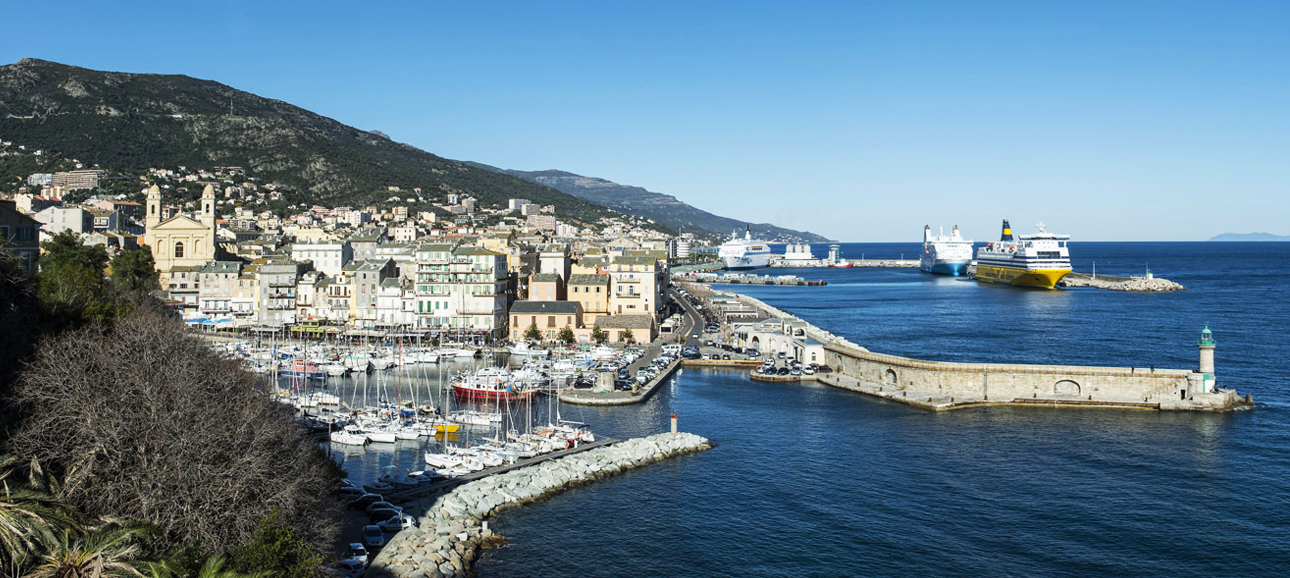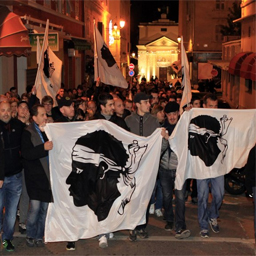 Corsica Politics And Public Life
Corsica Politics And Public Life
For starters, the basic fact that Corsica is administered by France is enough before planning a visit to Corsica. However, there are many misreporting and misinterpretation of Corsican public life and politics, so are legends and myths, much of which is not appreciated outside the island.
With enthusiasm for negative news and historical editorializing, Corsica has been victim of negative notions. Over the millennia, outsiders have been involved with Corsica and hence, the lifestyle of the local people has been evolving significantly.
While Corsica is all set to move towards autonomy, it is also a fact that the centralist constitution of France will continue to administer Corsica according to French fundamental decorum.
Corsican Life Is Different Than France

Superficially Corsica is much like France but if you judge fundamentally, the lifestyle is much different.
Superficially Corsica is much like France but if you judge fundamentally, the lifestyle is much different. Corsica is a territorial island, not continental landmass as its boundaries are fixed for over thousands of years, even more than that of France.
Untouched of industrial revolution and enriched with agro-pastoral community, Corsica has been part of French territory for around 200 years and Genoese territory for around 500 years in its four thousand years of history.
Corsica has been able to recover from attacks of intruders and keeping its traditions and heritages intact. Know about the traditional music of Corsica.
If the definition of country is “territory of nation” or “land of any region” then Corsica is a “country” that is not run by independent government and is not internationally recognized political region.
Two French departments form Corsica –Haute Corse to north (capital –Bastia) and Corse du Sud to south (capital –Ajaccio).
Population Of Corsica

Apart from 4% population on Cote, the coastal region is virgin.
According to 2017 census, the population of Corsica is around 3.3 lakhs which suggests that the increase of population is much rapid than France mainland. Among the inhabitants, around 10-15% are foreigners or non-French.
In greater Ajaccio and greater Bastia as well as in Porto Vecchio, most inhabitants are Moroccan.
A small percentage is also Portuguese. While sixty percent of the total inhabitants are from the above-mentioned cities, to the interior, a small percentage of natives live in 360 hamlets.
Apart from 4% population on Cote, the coastal region is virgin.
Most people commute to Ajaccio and Bastia for work but during weekends, return to their respective villages, which bear a sentimental value to them.
Regional Government Of Corsica

The Prefecture for Region based in Ajaccio addresses each micro-region with sub-prefectures.
In Ajaccio, the Assemblée de Corse or CTC (Collectivité Territoriale de Corse) acts as the regional government to monitor public life of Corsica and formulate new policies with the help of its 6 offices –ADEC for economical development, OEC for environmental concerns, OTC for transportation, ATC for tourism, ORARC for agricultural development and OEHC for water resources.
The Prefecture for Region based in Ajaccio addresses each micro-region with sub-prefectures. Since 1930’s the politics of France and Corsica has been interwoven to reduce criminality and political problem.
The Social and Economic Council of Corsica is addressed by the Collectivite Territorial which understands the various aspects of life in Corsica.
 Corsica Politics And Public Life
Corsica Politics And Public Life